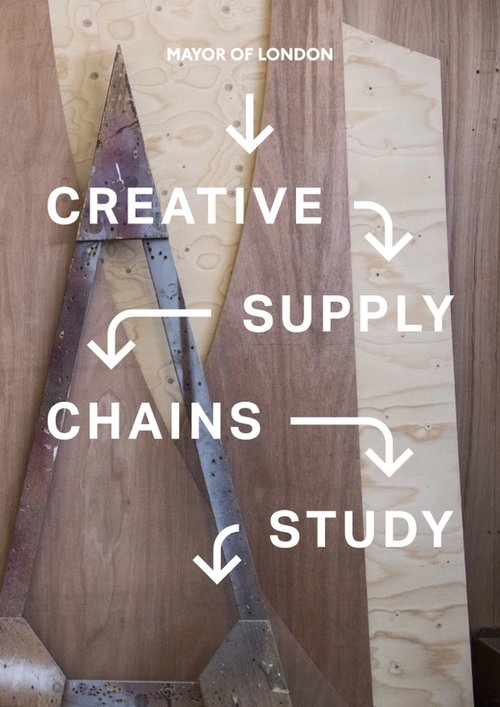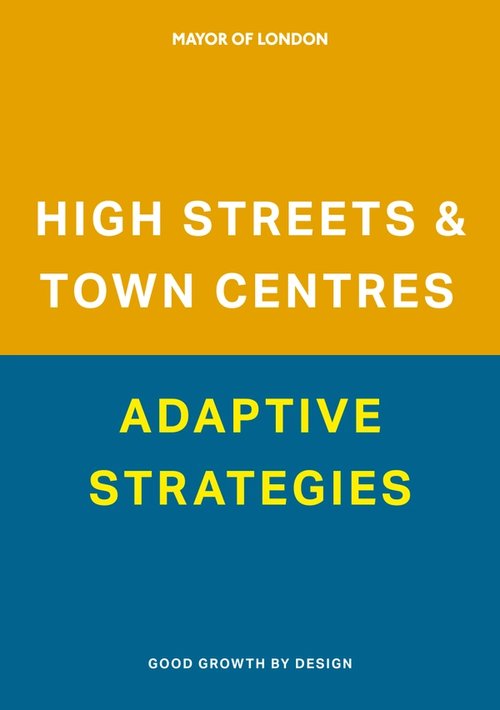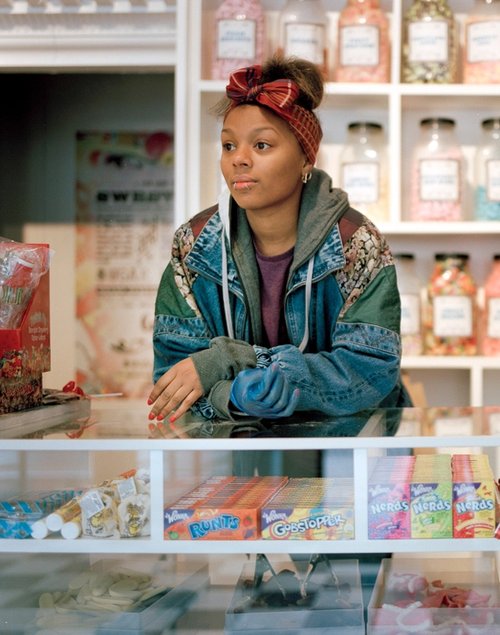The Urban Research Unit prepares incisive analysis to support clear-eyed understanding of places and people.

Our multi-disciplinary Urban Research Unit provides the critical foundation for creating thriving places. Our researchers contribute to all strands of our work by providing considered and thorough intelligence, ensuring all our proposals are locally-informed and impact-driven.
We deliver independent, trusted intelligence by combining rigorous evidence gathering with innovative community and peer engagement, and strategic thinking. Our value is rooted in our in-depth, locally-informed approach, often developed in collaboration with leading academic institutions and contributes to an integrated approach when creating responsive area strategies, masterplans and delivery of impactful projects. Our research spans a diverse range of projects using methods such as peer research, observation, mapping, engagement, surveys, audits and data analysis to provide granular, actionable insights.
Highlights and impact include:
- Social Value: Engaging with over 75 community representatives to provide 21 actions on how to embed social value in the London Plan and ensure it responds to the needs of diverse communities.
- Local Economies: Conducting granular employment audits across over 1,400ha of employment land, 3,500+ businesses and 52,000+ jobs in London, providing detailed local economic understanding.
- Creative Sector Impact: Evidencing £40 billion in annual spending by London’s creative industries within the UK supply chain.
- Inclusion and Diversity: Mapping over 730 spaces led by minority ethnic groups, women, LGBTQIA+, and disabled people to provide evidence, guidance, and resources to protect and grow spaces with cultural and community value.
- Peer Research: Empowering 66 community researchers across London through training, employment and collaboration, centring lived experiences in our work.
- Women's Safety: Providing 270 hours of training to 47 women and girls aged 17-78 to support the development of women’s safety audits, ensuring lived experiences are prioritised in planning and design throughout the built environment.
- Cultural Infrastructure: Mapping 2,138 cultural and creative spaces across the West Midlands and developing Cultural Infrastructure Plans for over 10 local authorities nationwide, providing tailor-made roadmaps for unlocking and sustaining cultural spaces.
These studies have consistently driven the development of innovative policies for cultural and creative spaces, secured crucial funding for public spaces and buildings, supported progressive policies on industrial intensification and co-location, and defined the case for exciting, experimental uses across our high streets and public realm.













